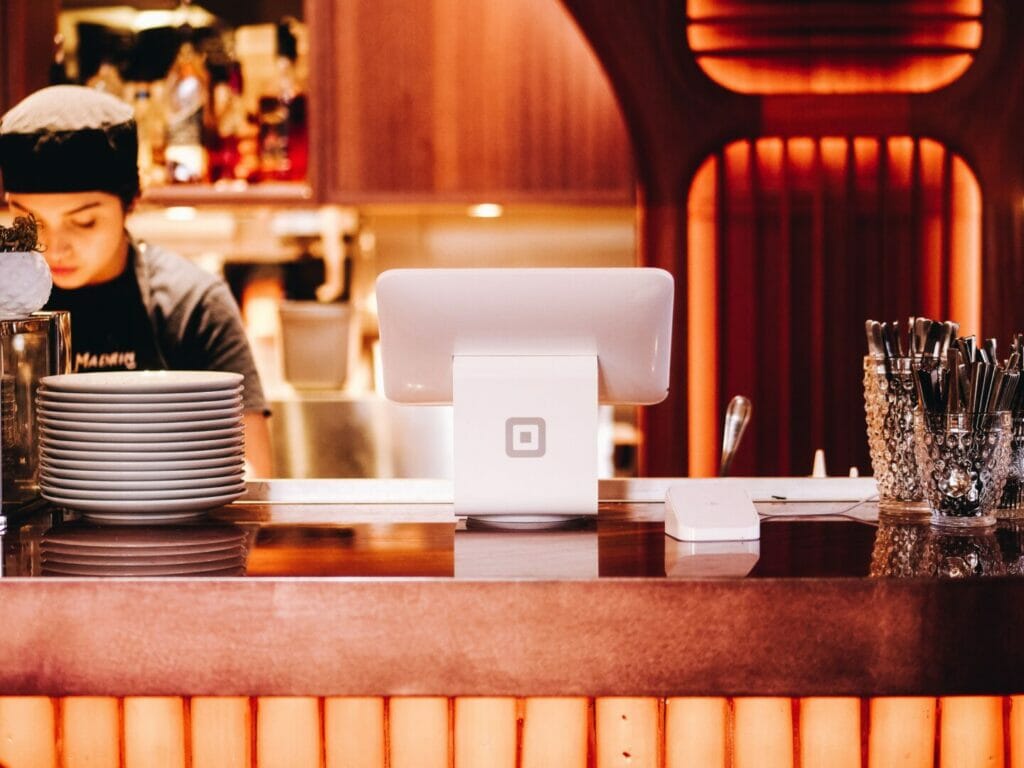These are difficult economic times, with Chancellor Jeremy Hunt recently announcing that the UK only narrowly avoided going into a recession in 2022. The Chancellor was quick to warn that there was still a lot of progress to be made but was encouraged by the “underlying resilience” that the latest figures showed.
However, the Bank of England has increased its interest rate by 0.5% to 4%, with inflation reaching around 10% – significantly above the 2% target. And such financial uncertainty is bound to have a tangible impact on individuals and businesses alike.
The hospitality sector is certainly no exception to that, with restaurants among those who may have to cut their cloth accordingly. But what are the effects of these rising costs on businesses in the industry? And what can they do to guard against these problems? Read on to find out more.
What are the impacts of these rising costs on restaurants?
Rising inflation means that the basic goods which are key to a restaurant – such as food and drink – are more expensive to source from the supplier. That typically means that a business will have to pass on that cost – in this case, to the paying customer. A hike in prices could result in a decline in popularity as punters look elsewhere for what they deem to be a better-value experience.
Even if prices do not increase, restaurants could see business drop off as the general public look to cut back on their expenditure. With energy bills rising steeply, the average consumer will limit their outgoings on luxuries, such as eating and drinking out.

The cost of the physical space is also likely to go up. Resultantly, any restaurants that don’t own their premises can expect to incur additional overhead costs. Likewise, if you’re a landlord letting to a restaurant, it may be worth looking at ways to trim your outgoings by finding new deals such as switching to a new commercial landlord insurance policy.
How can restaurants mitigate these rising costs?
In order to try to keep people coming through the door, restaurants can offer deals and promotions at reduced prices for a limited time. This could encourage existing customers to remain loyal as well as attract fresh business – and, if those customers receive good food and quality service, they are more likely to return even at full price.
Alternatively, venues may need to cut back on some of their expenses. For example, it may no longer be financially viable to be open seven nights a week. Instead, staffing and other costs could be reduced by being open for business only across the busiest periods where trade is likely to be at its peak.



